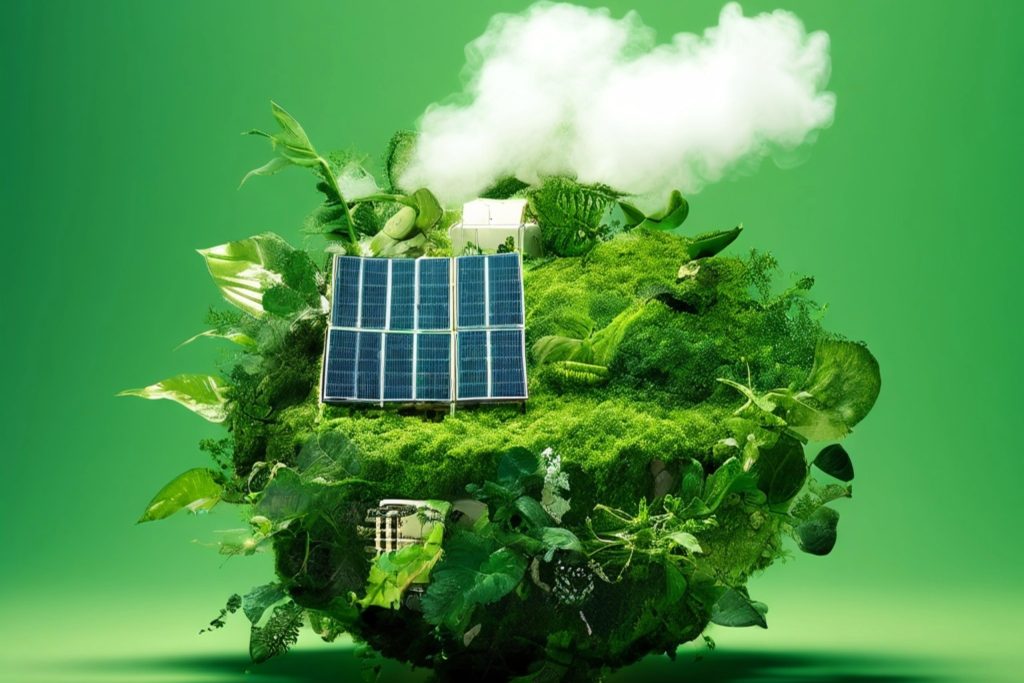Net-Zero Sustainability: PCB Industry’s Carbon Reduction Efforts
Paving the Way for a Greener Tomorrow

The PCB industry is making bold strides toward sustainability by reducing carbon emissions and protecting the environment. As technology advances, companies are adopting innovative solutions to align with global net-zero goals. For instance, some manufacturers are switching to renewable energy sources, like solar and wind power, to fuel their production lines. Taiwan-based Unimicron, a leading PCB supplier, has integrated solar panels into its facilities, lowering its carbon footprint while meeting market demands.
Additionally, the industry is embracing eco-friendly materials to replace traditional options. For example, biodegradable substrates and halogen-free laminates are becoming mainstream. These materials minimize harmful waste and promote safer recycling processes. A great example is Apple incorporating halogen-free PCBs in its devices, ensuring fewer harmful chemicals enter the environment. Moreover, many factories are utilizing water-saving techniques during PCB production. By recycling wastewater and reducing chemical usage, they help conserve resources and protect local ecosystems.
Energy-efficient manufacturing processes are also gaining attention. For example, advanced precision etching techniques reduce material waste and lower energy consumption. Companies like AT&S, a major PCB producer, have implemented these methods to meet environmental targets while maintaining high-quality standards. Furthermore, waste heat recovery systems are being installed in production facilities. These systems capture and repurpose excess heat, significantly cutting energy use and overall emissions.
Recycling efforts are another key focus. Discarded electronic devices often contain valuable metals like copper, which can be extracted and reused in new PCBs. Manufacturers are partnering with e-waste recycling programs to recover materials, reducing dependency on mining and lowering pollution. For instance, Samsung has introduced closed-loop recycling programs that recover resources from outdated devices, promoting a circular economy.
Looking ahead, the PCB industry is committed to innovating for sustainability. As global awareness of climate change grows, more manufacturers are adopting environmentally conscious practices. These efforts not only align with legal requirements but also meet the growing consumer demand for greener products. By prioritizing carbon reduction and eco-friendly production, the PCB industry is playing a vital role in building a sustainable future.
Ready to elevate your project with us? Reach out to us now and let’s make it happen!
